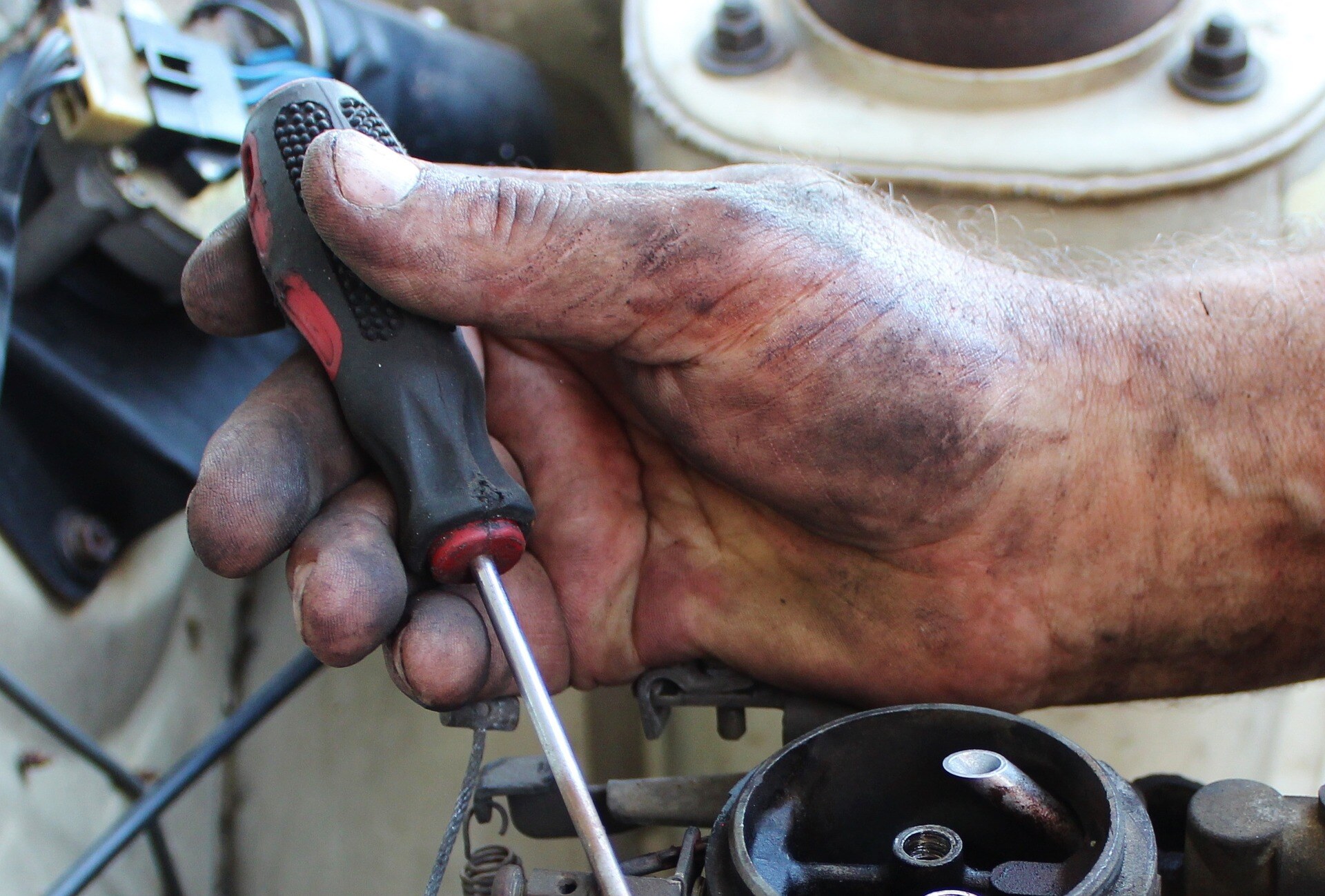Fleet Technicians’ 5 Biggest Pet Peeves

In fleet operations, the technicians are the magicians who are expected to solve various issues with all types of vehicles. No matter the difficulty level, or the type of vehicle, mechanics are expected to resolve it – and quickly.
That’s a lot of pressure – and it takes full focus. When other staff members and customers disturb the technicians and cause annoyances, it adds time and effort to the work.
Take a look at some common pet peeves of technicians.
Setting Unrealistic Repair Timelines
When vehicles get brought into the shop, the goal is to minimize downtime, which means the repairs need to be made as soon as possible. This is understandable, but it also puts pressure on technicians. Larger jobs will take more time to complete, and operations and their customers need to understand that to be completed correctly, certain jobs need longer timelines. That being said, the goal should always be to reduce vehicle downtime, but there should be an understanding that larger, more complicated jobs will take more time to complete.
Bringing the Vehicle in with No Gas
For technicians to properly diagnose an issue, many times they will need to take a test drive in the vehicle to replicate the problem, keep it idling, or even just need to move it around the shop. All of these tasks require the vehicle to have fuel. Dropping a vehicle off with an empty tank is an annoyance of technicians, and often requires him or her to have to spend extra time re-fueling the vehicle in order to complete their work.
Not Having Needed Parts On-Hand
When technicians start a Work Order, they expect to have all of the needed parts available in the parts room. If a mechanic is prepared to start making repairs, it can be annoying to go to the parts room only to find out the needed parts are missing. To prevent wasting technicians’ time, a current parts inventory should be available in the fleet operation’s fleet management software.
Bringing in a Messy Vehicle
Technicians need to get inside vehicles, examine the dashboard and other components, and move the vehicle from various parts of the shop. It is an annoyance to mechanics when they have to move around garbage or workaround personal items or other clutter to access required areas of the vehicle. When turning vehicles over to the technicians for work, drivers should be cognizant of cleaning up garbage and removing unneeded items from their vehicles.

Self-Diagnosing Vehicle Issues
Vehicles are brought to technicians for repairs for a reason – they are the mechanical experts. While drivers need to relay key information about what issues they are experiencing when driving the vehicle, they don’t necessarily know exactly what is causing it. Technicians can get annoyed when drivers and customers try to self-diagnose an issue before letting the experts inspect the vehicle and get to the root of the problem.
